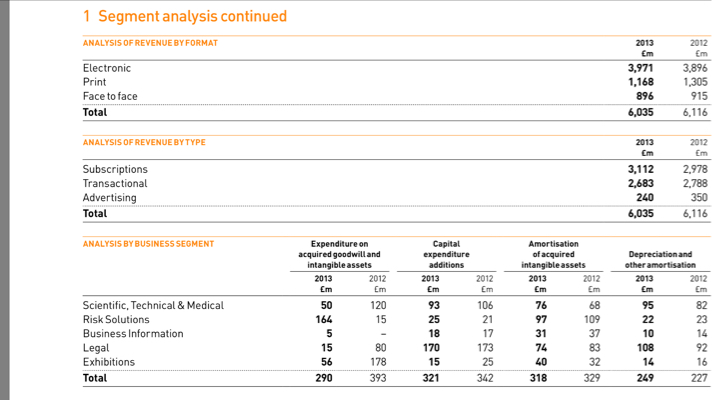Speaking as a librarian, very rarely - only if it's urgent and can't be obtained in a useful way through ILL. The cost of journal article purchase is usually three or four times an ILL fee.
More generally...
I ran some numbers on this for JSTOR in 2011, based on their public filings - it's hard to be sure, but the answers were "very little". In 2008, 0.35% of their income came from pay-per-view, and based on the quoted average, this came to something like seven or eight thousand articles/year.
It later transpired that themselves suggested around twenty thousand a year, but the numbers for this didn't quite add up, as the per-view price would be substantially lower than expected, so either a lot of material was somehow discounted or only the cheapest articles were being purchased. However we sliced the numbers, the easy answer was "not enough to really be significant". JSTOR have, to their credit, substantially widened public access since then, so these numbers will probably have dropped further.

